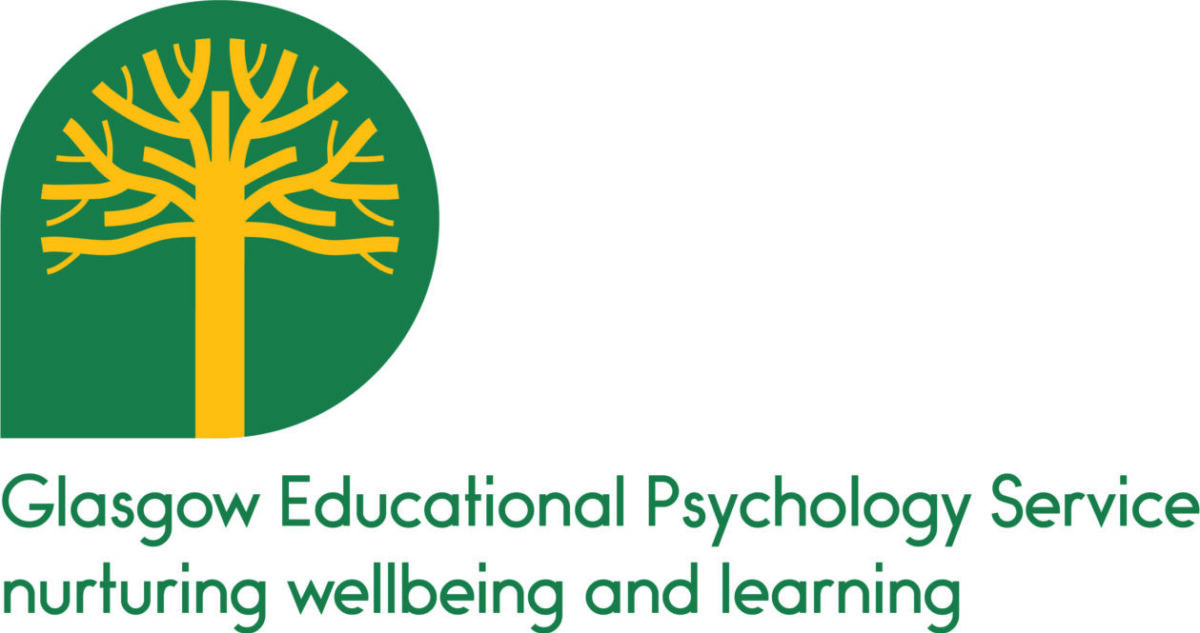What is Video Interaction Guidance and how can it help?
Video Interaction Guidance (VIG) is an evidence-based intervention where a practitioner uses video clips of real situations to improve communication and build relationships. VIG is an accredited training programme regulated by the Association of Video Interaction Guidance UK (AVIGuk) and is recommended by the National Institute for Clinical Excellence (NICE). VIG is a helpful process that can support parents, carers and professionals to establish and build relationships by focusing on successful and attuned interactions.
Participants are supported by a VIG Practitioner to view and discuss short edited clips of interactions that they are part of. Participants become much more aware of their own skills in effective communication through viewing themselves and reflecting on what they see. The Practitioner aims to guide and empower participants in the process of change by exploring perceptions, building on their strengths and challenging assumptions. Relationships, interactions and behaviour can improve as participants change their communication style.
If you would like more information on VIG and how it works, please see this video: What is Video Interaction Guidance? or visit the AVIGuk website.
Experiences of parents and carers in using VIG
Parents and carers who have experienced VIG are always surprised and delighted at how many things they are doing with their child without knowing and how much they learn from watching the interactions. Please see the clip below to hear more about parent’s and carer’s experience of VIG: Video Interaction Guidance from Bolton CAMHS
VIG and Video Enhanced Reflective Practice (VERP) within in Glasgow Psychological Service
Glasgow Psychological service (GPS) has 38 trained practitioners who are able to facilitate VIG. GPS have also supported staff within educational settings across Glasgow to implement Video Enhanced Reflective Practice (VERP). VERP is a method of professional development which focusses on enhancing attuned interactions through a specific way of using video reflection. GPS has supported various staff groups across different sectors through VERP to develop their skills in attunement alongside other areas. Examples of these are highlighted below:








If you would like to know more about VIG or VERP and discuss how these could be used to support your staff, pupils or families please contact your link Educational Psychologist or discuss this at your local Staged Intervention and Inclusion Meeting (SIIM).

